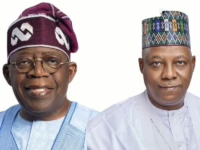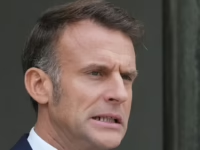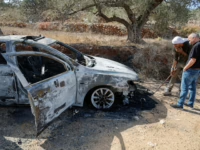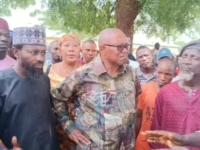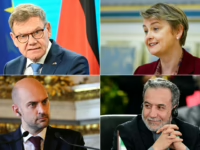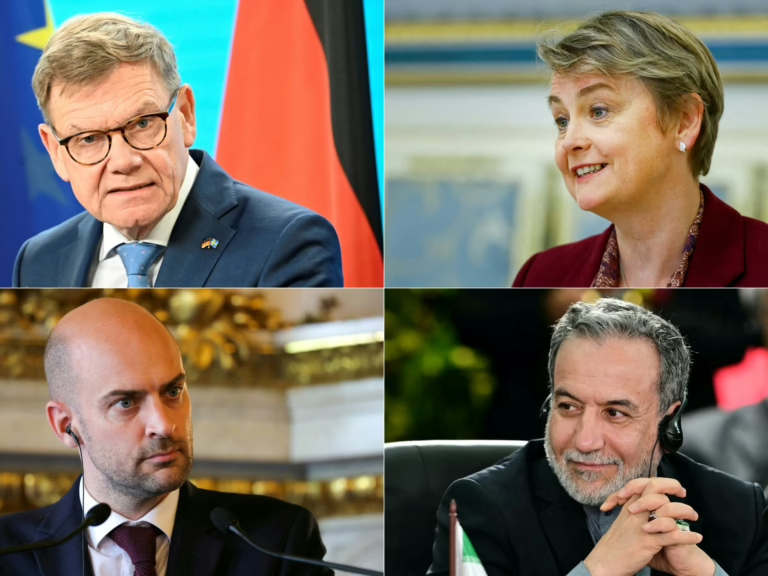Joint declaration follows over a month after the E3 nations activated a mechanism reinstating UN sanctions on Iran.
The United Kingdom, France, and Germany have expressed their intention to revive the stalled nuclear negotiations involving Iran and the United States. This announcement comes more than a month after these three European countries initiated a process that restored United Nations sanctions on Iran for the first time in ten years.
The joint communiqué from the E3 was released on Friday, nearly two weeks after the UN sanctions officially took effect. These sanctions were reinstated through a “snapback” mechanism triggered by the trio on August 28, becoming active one month later.
In reaction to the renewed sanctions, Iran summoned its ambassadors from the three European nations for consultations.
Iran has declared that it will not immediately return to nuclear negotiations following the reimposition of these sanctions.
The renewed sanctions impose a comprehensive international embargo on Iran’s nuclear, military, financial, and shipping sectors.
Designed to exert additional economic pressure on Iran, the effectiveness of these sanctions depends on global enforcement. Notably, on September 27, just before the sanctions took effect, Iran’s currency, the rial, plummeted to historic lows.
In their statement, the UK, France, and Germany affirmed: “We are committed to restarting talks with Iran and the United States to achieve a thorough, lasting, and verifiable agreement that guarantees Iran will never develop nuclear weapons.”
However, Iranian Foreign Ministry spokesperson Esmaeil Baghaei stated on Monday that “there are no plans for negotiations at this time.”
He further explained that Iran is currently assessing the “impacts and consequences” of the sanctions’ reinstatement.
“Diplomatic engagement-in terms of maintaining dialogue and consultations-will continue,” Baghaei added. “When diplomacy proves viable, decisions will be made in alignment with the nation’s interests and priorities.”
Concerns Over Nuclear Ambitions
Western nations, led by the United States and supported by Israel, accuse Iran of seeking to develop nuclear weapons, allegations Tehran consistently denies.
During a 12-day conflict in June, the US conducted airstrikes on Iranian nuclear facilities, joining an Israeli campaign targeting Iran’s senior military officials, nuclear scientists, and civilian areas. Iran responded with missile and drone attacks against Israeli targets and US-linked sites. Amnesty International reports that Israeli strikes on Iran resulted in at least 1,100 fatalities.
The E3 emphasized in their Friday statement that “activating the snapback mechanism was justified.”
They added, “Iran’s nuclear program represents a significant threat to international peace and security.”
In 2015, the US, alongside the E3, Russia, and China, reached a deal with Iran to regulate its nuclear activities in exchange for lifting sanctions.
However, in 2018, during his first term, US President Donald Trump withdrew from the agreement and reinstated US sanctions.
In response, Iran scaled back some of its nuclear commitments, particularly regarding uranium enrichment.
The International Atomic Energy Agency (IAEA) reports that Iran is currently the only non-nuclear weapons state enriching uranium up to 60 percent purity-close to the 90 percent level required for weapons-grade material and significantly above the lower enrichment levels used for civilian nuclear energy.







